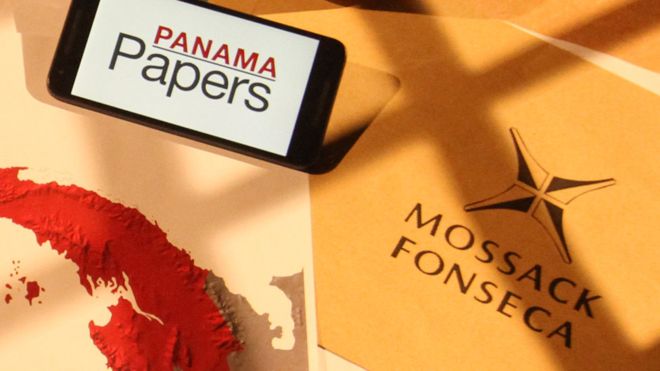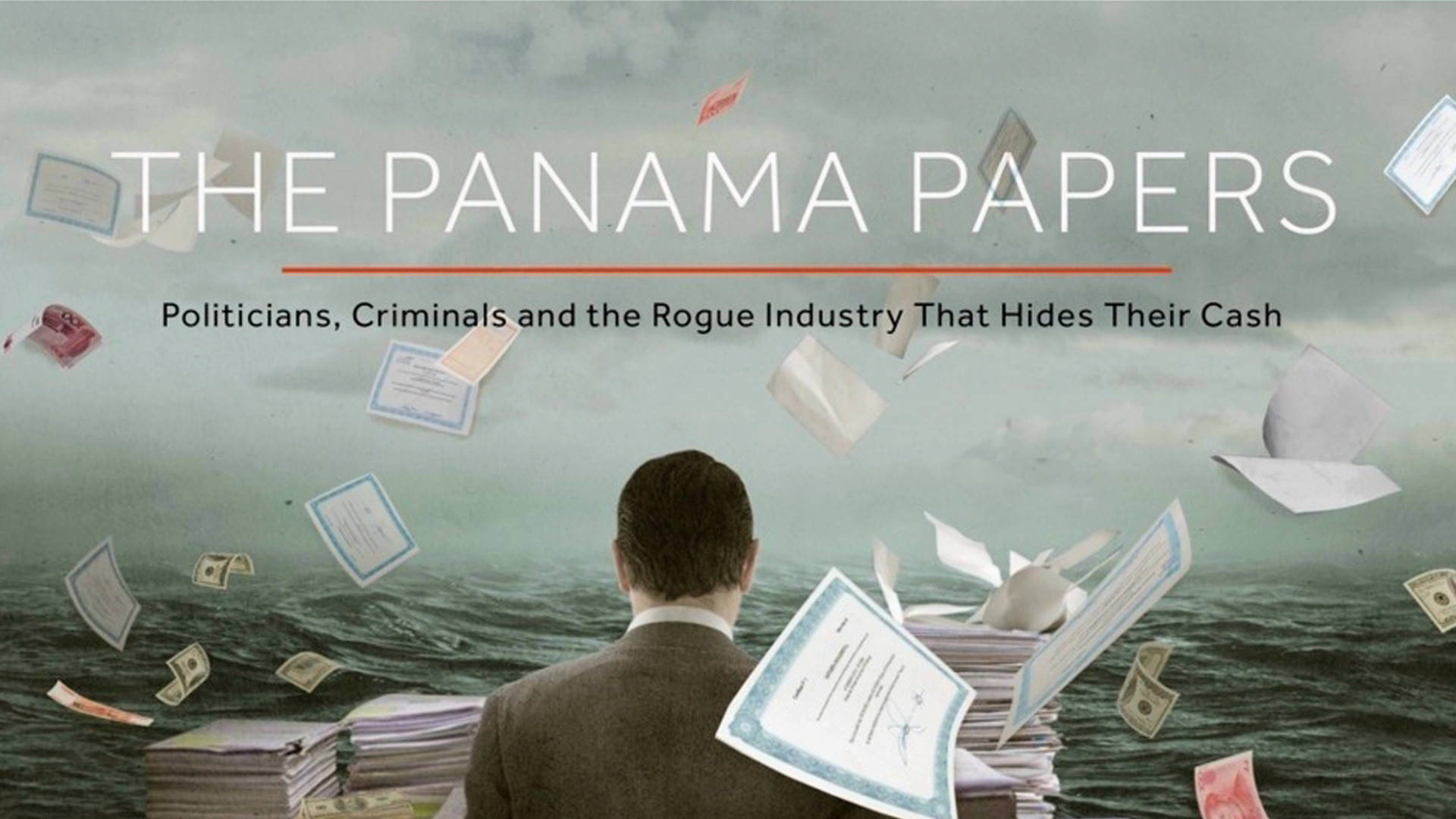This morning, many of the world’s elite suffered a rude awakening. The Panama Papers, the product of a year’s work by an international network of reporters, had been made publicly available. The information dump, the largest of its kind, reveals the private financial dealings of hundreds of wealthy individuals, with records dating back 40 years in some cases. The development hit the superrich in particular, which partly explains the sensitive nature of the report: Its anonymous source was a leak from within a large law firm in Panama — a notable haven for offshore wealth — and its contents reveal the details of offshore companies and holdings. These details are normally hidden from public view and often for good cause, whether to mask tax avoidance or something darker. The average citizen usually lacks the motive and the resources to make use of such facilities.
As it stands, the scandal looks as though it will have a long life. The information so far released feels like only the tip of the iceberg, yet already important figures have been implicated. A trail appears to connect Russian President Vladimir Putin to a string of secret holdings, including a $2 billion offshore account. He is not alone. Ukrainian President Petro Poroshenko has substantial wealth in the British Virgin Islands. Iceland’s prime minister, Sigmundur David Gunnlaugsson, already faces stiff pressure to resign after struggling to explain his holdings in a shady company at the time of Iceland’s economic collapse. Various senior figures in the Middle East and Africa are on the list, as are members of China’s Politburo. So, too, is Argentina’s president, Mauricio Macri.
But not all of these revelations will have a lasting effect. Ownership of offshore accounts is not illegal in itself. Offshore bank accounts traditionally provide a venue for dubious dealings, but they also offer low-tax environments where the superrich may keep their wealth away from prying eyes. Of course, international leaders are embarrassed that the world knows just how much untaxed money they have squirreled away, and where. But that may be the extent of their suffering. For example, Macri’s wealth was never a secret. After all, he was once the president of the Argentine football club, Boca Juniors. Perhaps he could also be forgiven for keeping his money outside the country, considering the restrictive administration that preceded his accession to the presidency in November. If having wealth offshore turns out to be the scope of Macri’s financial activities, he might escape the scandal relatively unscathed.
In other cases, notably those involving former Soviet, African and Middle Eastern leaders, the public might just shrug their shoulders. For one thing, some of these leaders have a tight grip on power, limiting the civil institutions that could conspire to topple them for any crimes they might commit. Furthermore, with a long history of leaders lining their pockets, the populace in those countries may be more surprised to find a ruler did not have an offshore account somewhere. So far, the reaction in the West, where such dealings are considered beyond the pale, has been muted — except in Iceland. Then again, Iceland is hardly a player of global influence.
But there will be repercussions, that much seems sure. In countries where citizens suspected that elites were embezzling money but could not prove as much, evidence will now be available. In China, a corruption probe, aimed in part at rooting out party members with large sums stashed abroad, was already underway. Any new information produced in the Panama Papers may actually do President Xi Jinping a favor by exposing undesirables. At the same time, the leaks could implicate party members or others whose identities he would rather conceal. For instance, Xi’s brother-in-law is among those mentioned in the report. In short, senior figures may lose their jobs, and indeed their freedom, over these revelations. There are also potential political ramifications.
In Russia, Putin’s spokesman has claimed that the leaks are a calculated exercise in realpolitik, an attempt by the West to muddy the waters after Russia showed good faith by withdrawing troops from Syria. In the Netherlands, a referendum will be held on Wednesday over whether to ratify a European trade agreement with Ukraine. Already, the deal’s opponents have seized on Poroshenko’s inclusion in the Panama Papers as evidence of Ukrainian disrepute.
Perhaps the broadest implications will come from the light these revelations shed upon the banking and financial system itself. It is not a secret that vast riches are stored in offshore havens — Gabriel Zucman’s 2015 book The Hidden Wealth of Nations calculated the total sum of hidden assets at 8 percent of global financial wealth — but never before have we had access to the details. And the phenomenon of offshore wealth is a symptom of a more malignant condition. The disparity between rich and poor has been growing for decades, and these giant offshore sums are likely a reflection of that trend.
Offshore funds are a problem for governments. Economies around the world have been flagging, saddled with high debt and lacking obvious ways to overcome their stagnation. While the debt limits spending, raising taxes would surely further stifle economic growth. Meanwhile, central banks, which have been carrying the burden for the past eight years, now appear to be reaching the ends of their effectiveness. To these governments, the 8 percent of global wealth that may currently reside in untaxable offshore havens presents an opportunity. Wealth that should be taxed, whose tax revenue could bolster government coffers, ready to be spent on infrastructure projects that might stimulate the next round of sustainable growth, is instead sitting idle in the Cayman Islands.
That, then, may be the true legacy of the Panama Papers: that they will draw the eyes of the world to the darkest corners of the financial system, and the resulting public outrage will empower governments to shut down these havens that have long sheltered the rich from taxation. In recent years, the world’s leaders have been discussing ways to defeat tax evasion. Thanks to the efforts of investigative journalists, they may have now have the means to do so.



